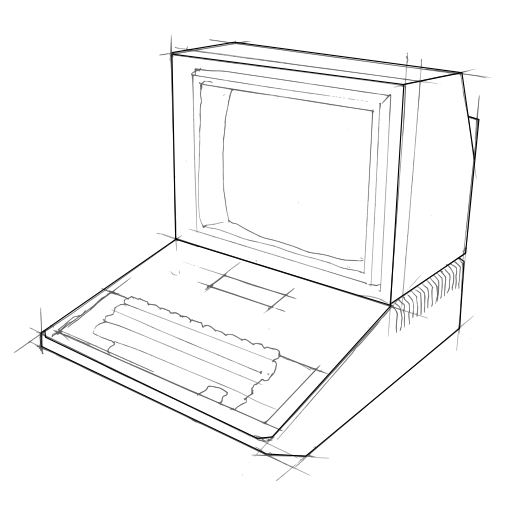Photographs are easy to fake. So much so that there is a turn of phrase to describe it. People say something is "'shopped" when they are skeptical regarding the veracity of an image. This refers to the image editing program Photoshop which is often used to modify images. For example the magazine industry routinely modifies the photographs which appear in their pages.

Recorded audio is even easier to fake.
In recent years we're discovering that even video, with its high information bandwidth, is easy to fake via carefully trained neural networks.
Seth Godin notes that anybody now has the ability to generate photos of completely fake people:
it's worth confirming the source before you believe what you see
-- Seth Godin
Where does this leave us? How do we reliably confirm the source? Physical reality prevents us from receiving most information first-hand. If most information that is not first-hand can be faked how can we ensure authenticity?
The answer is good old cryptography.
One way to authenticate media with a high degree of certainty is to have it cryptographically signed. This provides a level of reputational consistency. If a president signs every speech they make with a certain cryptographic key then you have a way to check that the president who gave the first speech very likely is the same president gave the latest one.
Much more so than relying on indications of fakeness from the item of media itself. Additionally, the slightest alteration of the media will render the signature invalid and everybody will be able to see that it has been tampered with.
How far away are we from public figures cryptographically signing their statements? From people's phones signing the photographs they take? From organisations routinely signing blog posts, tweets, and everything they output into the world?
